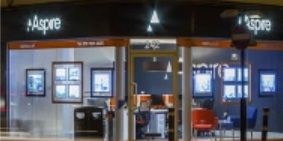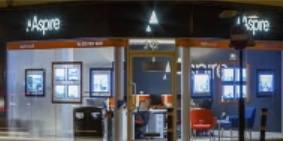There is much talk about profit margins when running a buy-to-let and balancing the books is something that should be considered on an ongoing basis, not just when the self assessment tax return is due.
There have been a number of changes over recent years concerning what landlords can claim as allowable expenses and with the number of new landlords looking to invest in property potentially rising*, it’s a good time to recap what is and isn’t allowed.
As a rule of thumb, expenses should be proportional in relation to the buy-to-let activity, and should not include repairs and replacements that serve as an upgrade. Below is a top-line guide to expenses, although our lettings experts are on hand to clarify matters for landlords:-
Expenses that are allowed:
- General business costs - office costs, travel, phone, broadband and stationery, proportional to the running of a buy-to-let
- Letting agents’ & marketing costs – charges for photography, brochures, videos and virtual tours
- Professional fees – charges by accountants, surveyors and solicitors. Also included are solicitor’s fees in relation to evictions and legal action against a tenant
- Insurance – buildings and contents plus any landlord-specific insurances
- Service fees – cleaning, gardening, decorating and building services
- Repairs – any repairs or replacements that are not considered improvements, such as replacing faulty appliances, fixing boilers, redecorating after a tenant has vacated and like-for-like product replacements
- Property charges – ground rent, utility bills and council tax but only where the let is offered as ‘bills included’. Claiming for bills accrued during void periods is also allowed
Expenses that are not allowed:
- Restoration – costs attached to bringing a let up to a habitable condition
- Improvements – costs to extend a property or convert a loft
- Upgraded items – the additional expense to upgrade furniture, fixtures and fittings over and above the like-for-like cost
- Interest payments – tax relief on mortgage interest to buy a rental property or items for the property. This has been replaced by a tax credit worth 20% of a landlord’s annual interest payment
Contact Aspire if you need help with buy-to-let budgeting and investment finances.
*Analysis by search criteria specialist Knowledge Bank found ‘first-time landlords’ was the most-searched term by mortgage brokers in February 2021










